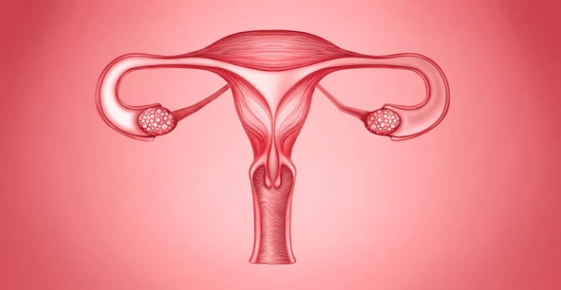Uterine size discrepancy refers to a condition where the size of the uterus, as assessed through physical examination or imaging, does not align with what is expected for the gestational age of the pregnancy. This discrepancy can have various implications for both the mother and the baby, and understanding its potential effects can help in managing the pregnancy effectively.
What is Uterine Size Discrepancy?
Uterine size discrepancy occurs when there is a noticeable difference between the size of the uterus and the size expected based on the duration of the pregnancy. This can be detected during routine prenatal visits through physical examination or ultrasound measurements. The uterus may be smaller or larger than expected, which can be indicative of underlying issues.
Causes of Uterine Size Discrepancy
Several factors can contribute to a uterine size discrepancy:
- Fetal Growth Restriction: A smaller-than-expected uterus might indicate that the baby is not growing at the normal rate, a condition known as intrauterine growth restriction (IUGR).
- Multiple Pregnancies: In the case of multiple pregnancies (twins, triplets, etc.), the uterus may be larger than expected due to the presence of more than one fetus.
- Incorrect Dating: Misestimating the gestational age due to inaccurate dating of the pregnancy can cause a perceived discrepancy in uterine size.
- Uterine Abnormalities: Structural abnormalities of the uterus, such as fibroids or congenital anomalies, can affect its size and shape, leading to a discrepancy.
- Amniotic Fluid Levels: Excessive or insufficient amniotic fluid (polyhydramnios or oligohydramnios) can alter the size of the uterus.
Effects of Uterine Size Discrepancy on Pregnancy
The implications of uterine size discrepancy can vary depending on the underlying cause:
- Fetal Growth Issues: If the uterus is smaller than expected, it may be due to the baby not growing adequately. This can increase the risk of complications such as preterm birth, low birth weight, and developmental delays.
- Increased Monitoring: A discrepancy in uterine size often leads to increased monitoring through ultrasounds and other tests to assess fetal growth and health. This helps in detecting any potential issues early and planning appropriate interventions.
- Delivery Planning: Depending on the cause of the discrepancy, your healthcare provider might recommend early delivery or other interventions to ensure the best outcome for both you and your baby. For example, if IUGR is suspected, a plan for early induction might be considered to avoid further complications.

Managing Uterine Size Discrepancy
Effective management of uterine size discrepancy involves:
- Regular Monitoring: Frequent prenatal visits and ultrasounds can help monitor fetal growth and the overall health of the pregnancy. This allows for timely interventions if needed.
- Addressing Underlying Causes: Identifying and treating underlying conditions, such as managing maternal health issues or addressing amniotic fluid imbalances, can help mitigate the effects of uterine size discrepancy.
- Adjusting Delivery Plans: Based on monitoring results, your healthcare provider may adjust delivery plans to ensure the best possible outcome for both you and your baby.
When to Seek Medical Attention
When to Seek Medical Attention: If you notice any significant changes in your pregnancy, such as reduced fetal movement, unusual symptoms, or concerns about your baby’s growth, contact your healthcare provider immediately. Early intervention can be crucial in managing potential complications.
Conclusion: Uterine size discrepancy can signal various issues during pregnancy, but with appropriate monitoring and management, many potential complications can be effectively addressed. Understanding the causes and effects of uterine size discrepancy, and maintaining regular communication with your healthcare provider, is essential for ensuring a healthy pregnancy. If you have any concerns or questions about your pregnancy, don’t hesitate to reach out for support and guidance.
